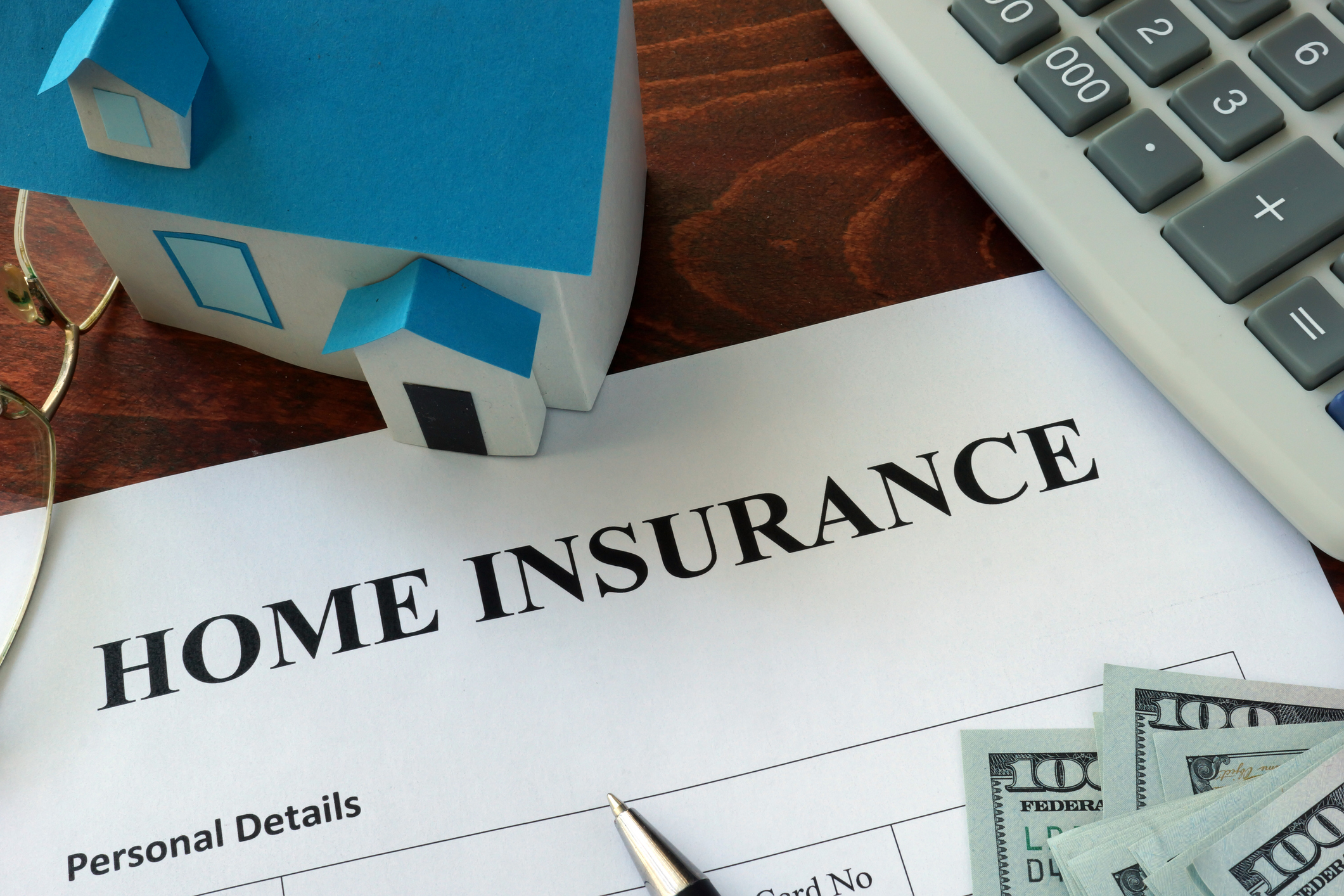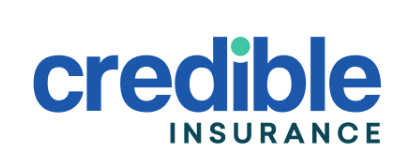There are specific home insurance questions to ask your agent when purchasing a new policy. The questions are essential whether buying a new or existing property or changing insurance providers for a home you already own. While the average cost of home insurance hovers around $2,300 annually or just under $192 monthly, that total can vary widely by location and coverage options.
Having the right home insurance offers peace of mind in knowing that your budget is protected against natural disasters and other unexpected circumstances or accidents. However, to be sure you have the protection you need, the first thing to know is what coverages are included in your policy.
What Does My Home Insurance Cover?
There are several types of homeowners insurance available, varying between what they cover, coverage limits, and by what type of property it’s protecting. Your insurance company may even offer renter’s insurance, which is more popular now than ever.
Each type of home insurance coverage protects differently based on the perils that may exist in your location. However, it’s important to note that exclusions in many policies can leave you without protection for common local situations. For example, insurers in flood-prone areas are often reluctant to cover water damage from floods, meaning you’ll have to identify a provider that will cover the peril or find a private or alternative coverage provider.
In any case, making sure you have adequate insurance protection for your home and matching it to your budget is essential. Following are the first and best questions to ask your agent when choosing your policy.
1. How much is my deductible?
Making insurance claims means calling on your homeowner’s insurance protections to pay the cost of a covered situation based on your policy. Each time you make a claim, your insurer will usually handle most of the paperwork and often pay the contractor directly for any work performed. However, you’ll also need to put up some of your own money to make that happen.
This per-claim amount is called your deductible. It can range from $500 to $2,500, with an average of $1,000, and some insurance policies include deductible amounts that represent a percentage of your home’s value.
You can help control the monthly and annual costs of your homeowner’s policy by changing the deductible amounts. For instance, choosing a $2,500 deductible over a $500 deductible can reduce your monthly premium by 15% to 20%. While this situation is good for monthly cost budgeting, you’ll have to come up with more money when making a claim, meaning you take on some additional risk when choosing this option.
2. Do I have enough homeowners insurance to cover the replacement cost of my home?
The general rule of thumb is that you’ll need insurance coverage protections to pay for 80% of the cost to rebuild your home in the event of a total loss, though many homeowners choose to have more protection.
There are two payment values to consider. The two types of coverage for the structure of your home and its contents include replacement cost value and actual cash value.
Replacement cost value (RCV) covers the policy’s share of replacing or repairing your home at current market rates after you pay your deductible.
Actual cash value (ACV) more often applies to your home’s contents rather than its structure. ACV coverage pays for the cost of any possessions you lose in a covered event minus its depreciation.
While having ACV coverage on your possessions costs less, RCV generally provides better protection and is often available for the asking if you’re willing to pay an additional cost.
3. What are considered valuable items, and am I covered for them?
Valuable items in your home can include antiques, jewelry, electronics, art, collections, instruments, and many more items that have significant monetary value. Insurers will allow you to list the items you have in your home that you would like to protect and charge you the appropriate amount in your policy contract.
To be sure you’re adequately covered, take a full inventory of your valuable possessions and make sure to list them in your policy coverages. Keep in mind that most valuables come with default ACV protection, and you’ll need to request and pay for RCV coverage if desired.
4. How Much Coverage Do I Need?
Beyond the 80% rule, how much more dwelling coverage, personal property coverage, and personal liability coverage you need is really up to you. By including this discussion in your home insurance questions to ask dialogue with your reputable insurance company agent, adviser, or financial professional, you can generally come to a happy medium based on coverage amounts, protection limits, exclusions, your budget, and if you need to save money.
5. Do I need and have flood or earthquake insurance?
There’s really no getting around the fact that living in flood- or earthquake-prone areas comes with some risks. To add to the potential issues, most major insurance companies don’t automatically include flood insurance and earthquake insurance in your standard policy. In fact, in some locations, identifying a reasonable premium rate for these protections is challenging.
Ask your agent if your policy includes provisions for these perils or if the company can provide them for an additional cost. If these protections aren’t offered and you live in a high-risk area, keep looking until you find a provider or a supplemental policy.
6. Are additional living expenses covered?
Most homeowner’s insurance policies will include provisions to cover the cost of living somewhere other than in your home while repairs are taking place after a covered peril event. However, it’s essential to ask your agent and check your policy about the dollar amounts involved. These expenses can include storage costs, hotels or temporary housing rent, moving costs, pet boarding, and other related expenses.
7. What exclusions do I need to be aware of?
Homeowners insurance policy specifics vary by location and provider. However, all have some exclusions that determine the limits of what the company will cover. Typical exclusions include flooding, earthquakes, landslides, pest infestations, and mold.
While those are the normal exclusions, it’s essential to talk to your agent about any others that may be important for your location.
Related Article: USAA Vs. Nationwide Home Insurance
8. How do I file a claim?
Finally, before signing a new homeowners insurance policy, be sure to understand how to file a claim with the company. Standard claim filing should include documenting everything and notifying your insurer or agent immediately after the damage occurs.
Beyond that, discuss timing, claim forms, and protocols to make sure you don’t miss any steps and potentially jeopardize your claim amount. Many providers, such as Credible Insurance and its partner companies, offer online claim management tools.




